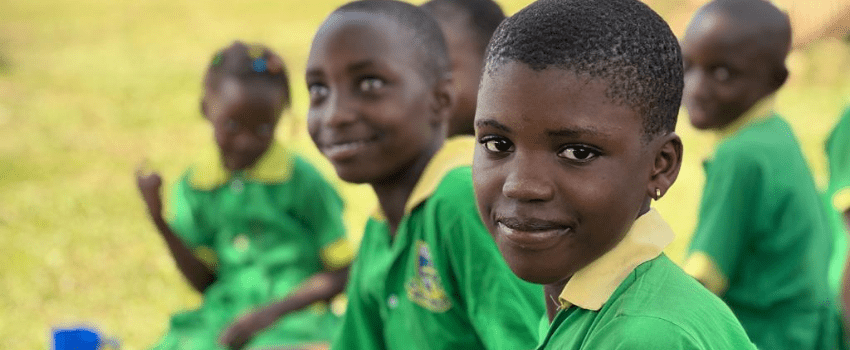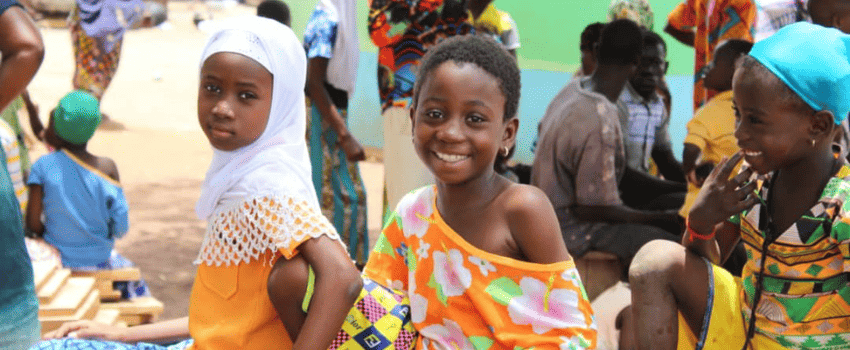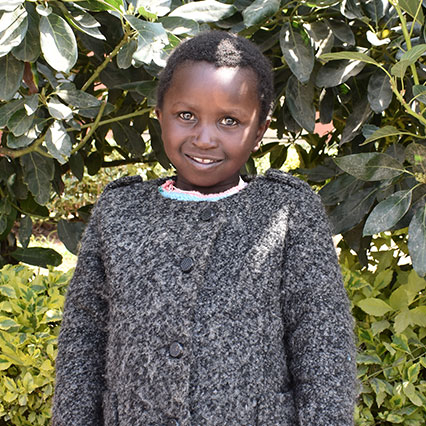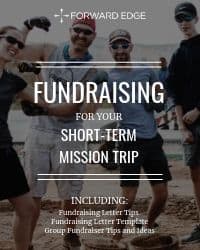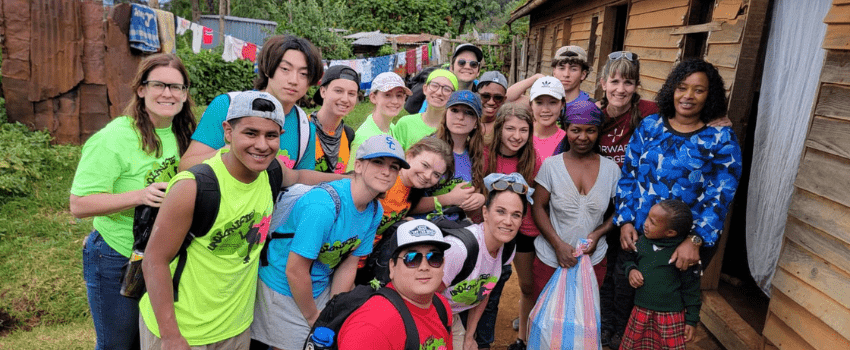
One Week to Find Joy
Looking For Joy? Have you ever felt like you were on a hunt for joy? An 18-year-old boy was surprised to find it surrounded by people who had very little. He found it where you’d assume you’d find sadness. He went on a trip unsure of what he would experience

